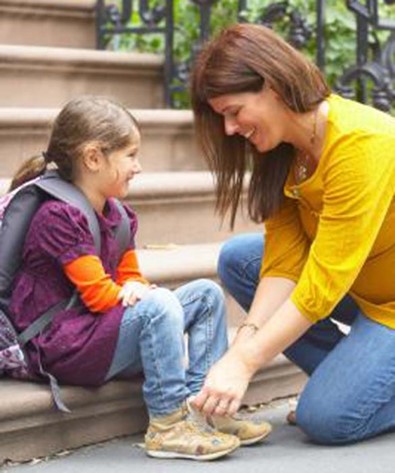
A Quick Guide to Your Child’s Speech and Language Development – 4 to 5 Years
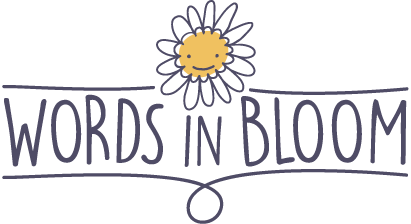 Speech and Language Milestones
Speech and Language Milestones
By 5 years, your child:
- describes past, present, and future events in detail
- recites rhymes and jingles
- shows interest in written words and letters and can read their own name and some other words
- understands directions involving “if...then…” (“If you put your toys away, then we can go to the park.”)
- pronounces most sounds and words clearly with few or no errors
- names or shows some letters of the alphabet
- uses correct pronouns like “he,” “she,” “we,” “their,” and “our”
- uses appropriate grammar most of the time
- identifies sounds at the beginning of some words (“pop” starts with /p/)
A referral to the Words in Bloom program may be needed if your child is not meeting most of these milestones.
Building Blocks for Developing Your Child’s Speech and Language Skills
- Speak with your child often, using complete sentences.
- Read together every day. Make it a routine.
- While reading, pause and talk about what will happen next.
- Teach your child different ways to use and understand words. Don’t be afraid to introduce higher level vocabulary. Use synonyms and opposites, and play around with rhymes.
- Talk to your child about the print you see. This can happen while driving past stores and walking past street signs, going grocery shopping or waiting in a doctor’s office.
- Let your child experiment with writing. Get creative and try writing with different writing tools like pencils, markers and chalk. Try fingerpainting letters, writing in the sand with your finger or using sticks to make letters or words.
The Importance of Play
Play is the most enjoyable way to promote your child’s speech and language skills.
- Try playing with materials that involve the senses (add scents or food colouring to homemade playdough, make homemade slime or play a guessing game by feeling the object without looking at it).
- Provide crafts that involve more steps. This kind of play incorporates lots of great action and descriptive words (“cut,” “fold,” “trace,” “straight,” “round,” “sticky,” “shiny”) and allows you to give multi-step directions.
- Allow your child to sharpen fine motor, visual-spatial and language skills by allowing them to use scissors, string beads or pasta, colour, glue, paint and write. You can also offer puzzles at different levels of difficulty.
- Let your child use their imagination! A cardboard box can become a boat or a train. Blankets and chairs can become a fort or a castle.
- Have a tea party or pretend to be a chef. Plastic containers make wonderful dishes.
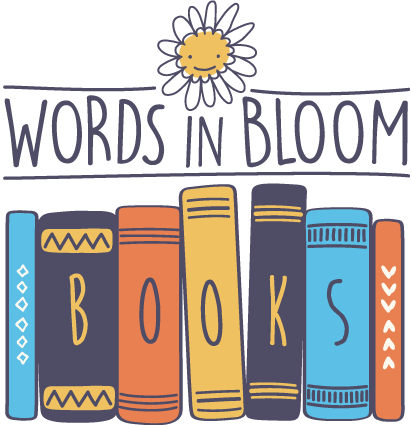 BOOKS
BOOKS
Best Book Types:
- Books that talk about emotions
- Books that allow your child to predict what comes next
- Books with rhyme, alliteration (many words starting with the same sound), or funny/made-up words
- Books with interesting characters, different experiences and real or imaginary themes (fairy tales)
Observe Your Child:
- Your child may like to “read” on their own, but also enjoys when you read to them.
- Can they make up their own stories?
- Will they talk about past events with some details?
- Do they make up new endings to familiar stories?
Op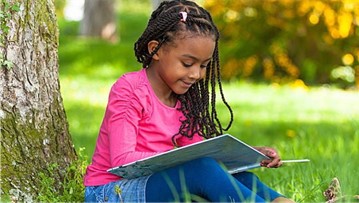 t to Join In:
t to Join In:
- After reading, talk about what happened at the beginning, middle, and end of the story (you might need to help by asking “And then what happened?”).
- Help your child learn to predict by asking “What might happen next?”
- Teach your child some pre-reading skills by moving your finger across the page as you read.
- Point out familiar words and letters in books and signs.
Keep Having Fun:
- Introduce new ideas and themes through books.
- Take regular trips to the library so your child can choose their own books.
- Act out your child’s favourite stories.
- Relate stories to your child’s own experiences (going swimming, riding a bike, going to the dentist).
Some Suggestions:
- If You Give a Pig a Pancake by Laura Joffe Numeroff
- Froggy Gets Dressed by Jonathan London
- The Kissing Hand by Audrey Penn
- We’re Going on a Bear Hunt by Helen Oxenbury
Did You Know?
- Your child’s speech should be understood at least 90% of the time by this age.
- Your child’s spoken language skills are a good predictor of how they will perform in reading, writing and spelling in school.
- You are your child’s best teacher. Your interactions together will have the strongest impact on their speech and language development.
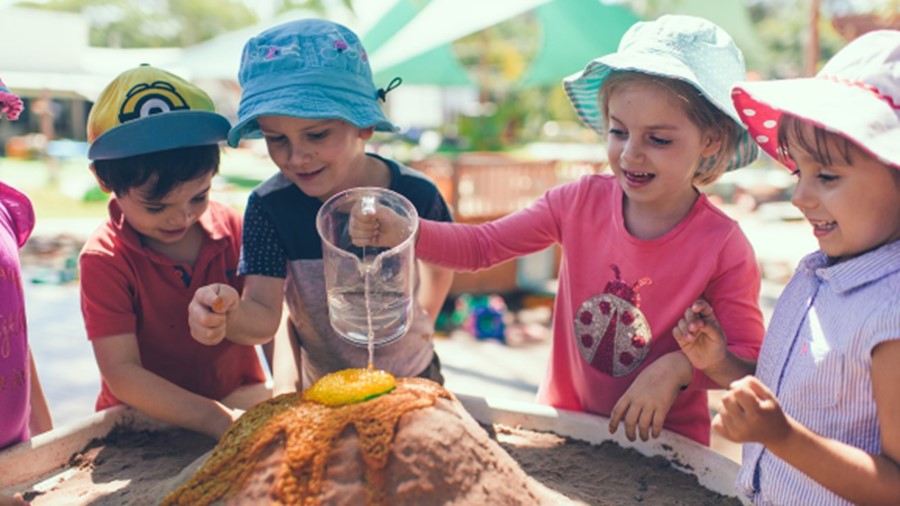 Frequently Asked Questions
Frequently Asked Questions
Q: Should I be concerned if my child does not use complete sentences?
A: Children at this age should be using complete and mostly grammatically correct sentences. Consider having an assessment of your child’s expressive language skills.
Q: My child has a hard time listening and following directions. What could that mean?
A: Some children have language learning difficulties while others have weaknesses in attention or possibly hearing difficulties. Share your concerns with your child’s healthcare provider and make a referral for a speech and language assessment. The earlier you can identify if your child has a language learning difficulty, the sooner you can get help.
Q: Will my child always have difficulties with speech sounds?
A: Each child’s progress is different, so it is difficult to predict. With regular practice and encouragement, you and your child will get the most out of their speech therapy sessions.
If you suspect your child is having difficulty communicating, don’t wait! Follow your instincts. Friendly, confidential help is only a call away.
Contact Words in Bloom by calling the EOHU at 613-933-1375 or at 1-800-267-7120.
